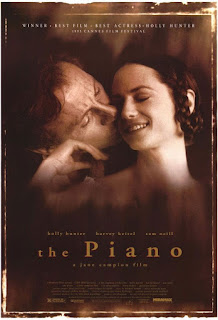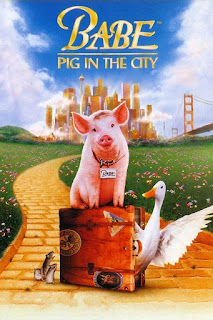July 3rd: SYLVIA SCARLETT (George Cukor, 1935)
Fleeing France for England with her criminal father, a young woman disguises herself as a man and the two join forces with a con artist.
Katharine Hepburn made her film debut in 1932, earning herself a contract at RKO Studios as well as a lifelong friend in director George Cukor, her most frequent collaborator over her 60-year career. Quickly one of Hollywood’s bright new stars, she received an Academy Award nomination for her third performance, and charmed the moviegoing public with her role in an adaptation of Little Women.
Hepburn and Cukor began developing projects together, and approached producer Pandro S. Berman about adapting a 1918 novel by Scottish writer Compton Mackenzie. The script was written by playwright Gladys Unger, celebrated British fantasy writer John Collier, and Mortimer Offner, previously known for his photo portraits of Broadway actors and urged to work in Hollywood by his friend Hepburn.
Berman was reluctant to make the film, likely due to its hard-to-categorize mix of farcical comedy, thriller, and romance, as well as the fact that Hepburn would be in drag as a man for a good portion of the film. As a favor to two of the studio’s hot properties, production moved forward.
Starring alongside Hepburn is veteran Edmund Gwenn (Santa Claus in Miracle on 34th Street), notable character actor Brian Aherne, Russian aristocrat-turned-actor Natalia Paley, and most notably, newcomer Cary Grant (in his first of four films with Hepburn).
A disastrous test screening of the film prompted Hepburn and Cukor to offer their services for free on their next film. A poor critical reception (despite good reviews for the stars’ performances) and poor financial showing began a dark period for Hepburn, whose difficult relationship with the press helped sink her popularity with audiences and leading to her being labeled “box office poison “ until her major comeback in 1940. Sylvia Scarlett is now regarded as an ahead-of-its-time subversive work as well as an early example of queer subject matter in classic Hollywood.
Running time is 90 minutes.








Comments
Post a Comment